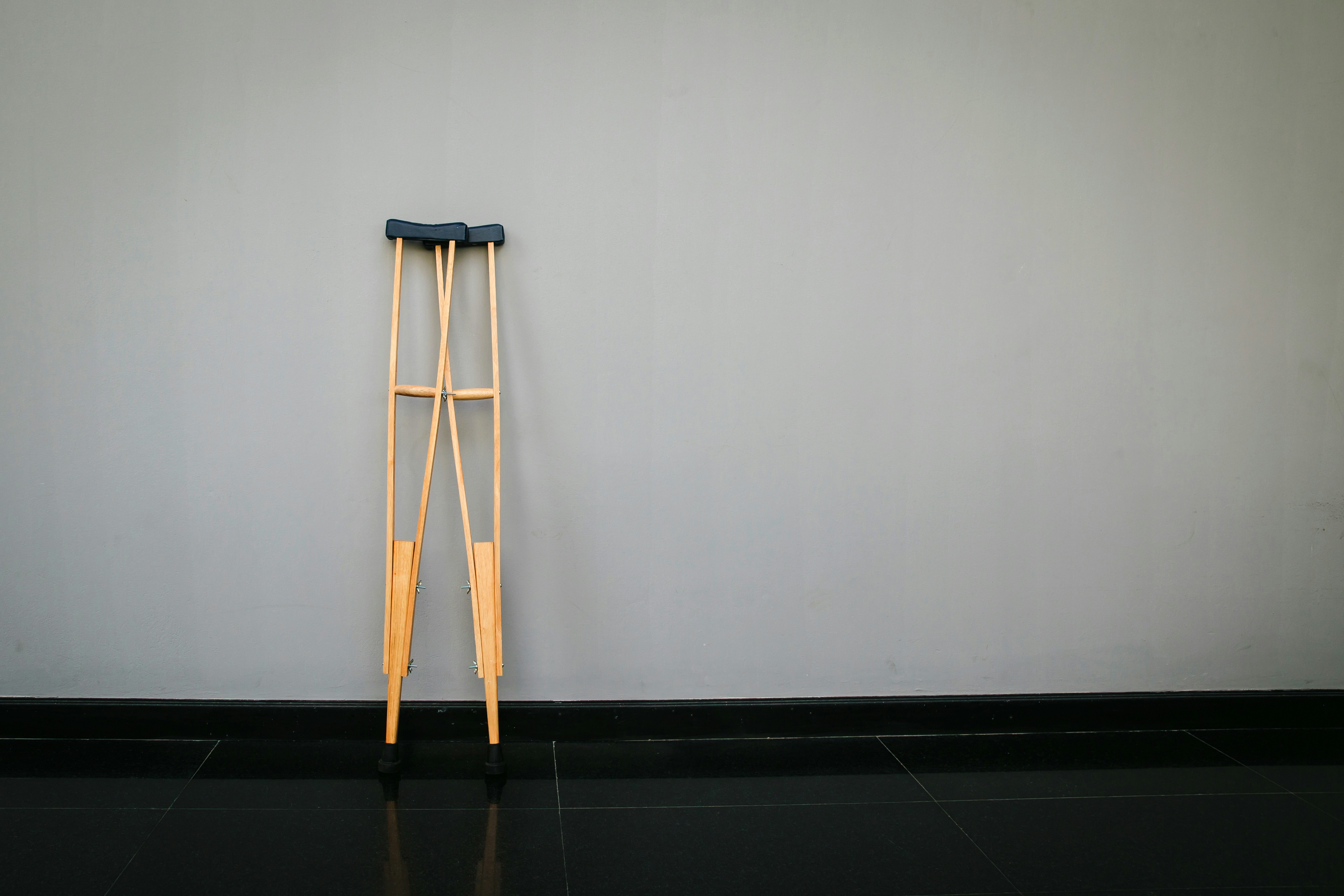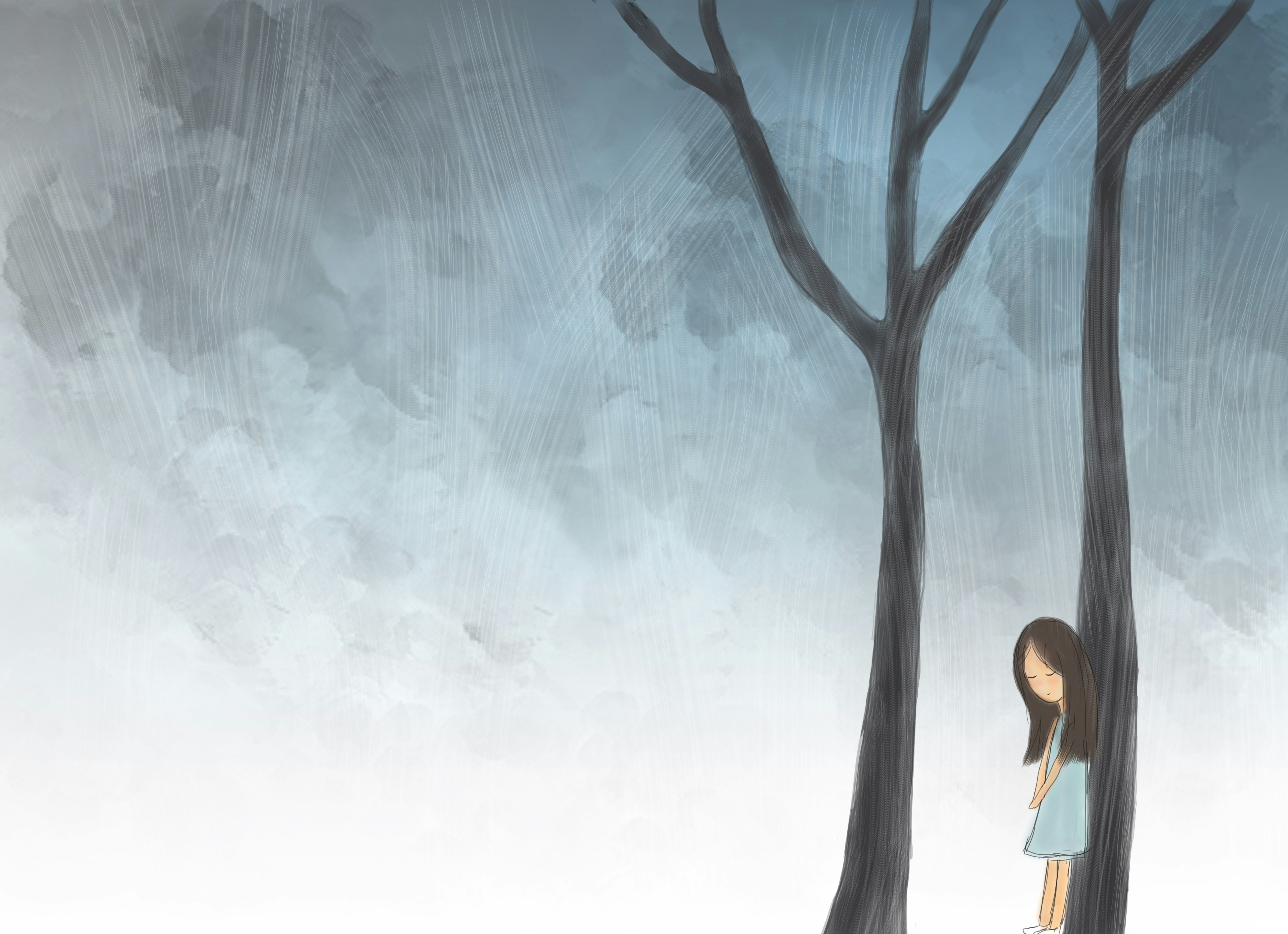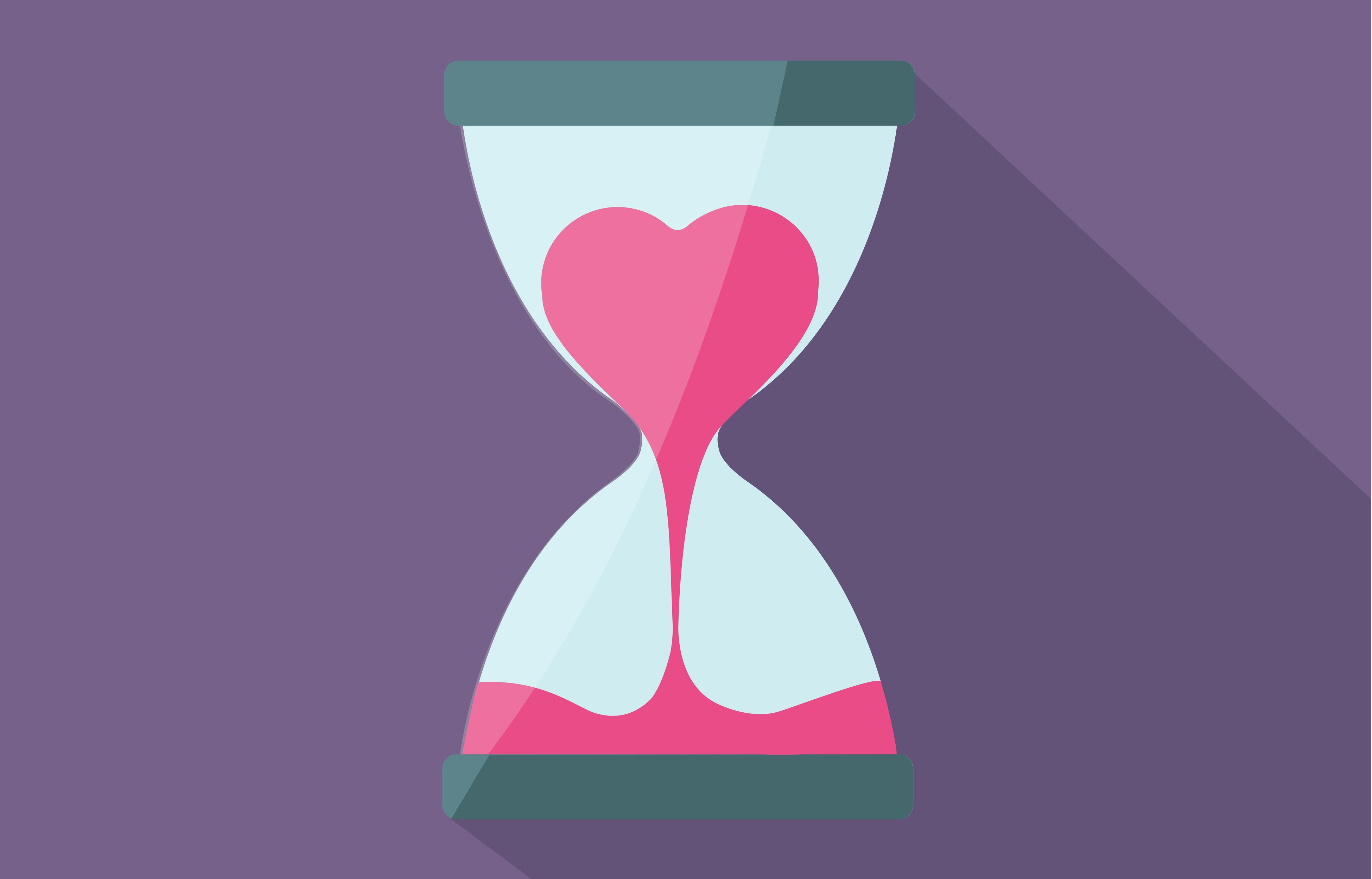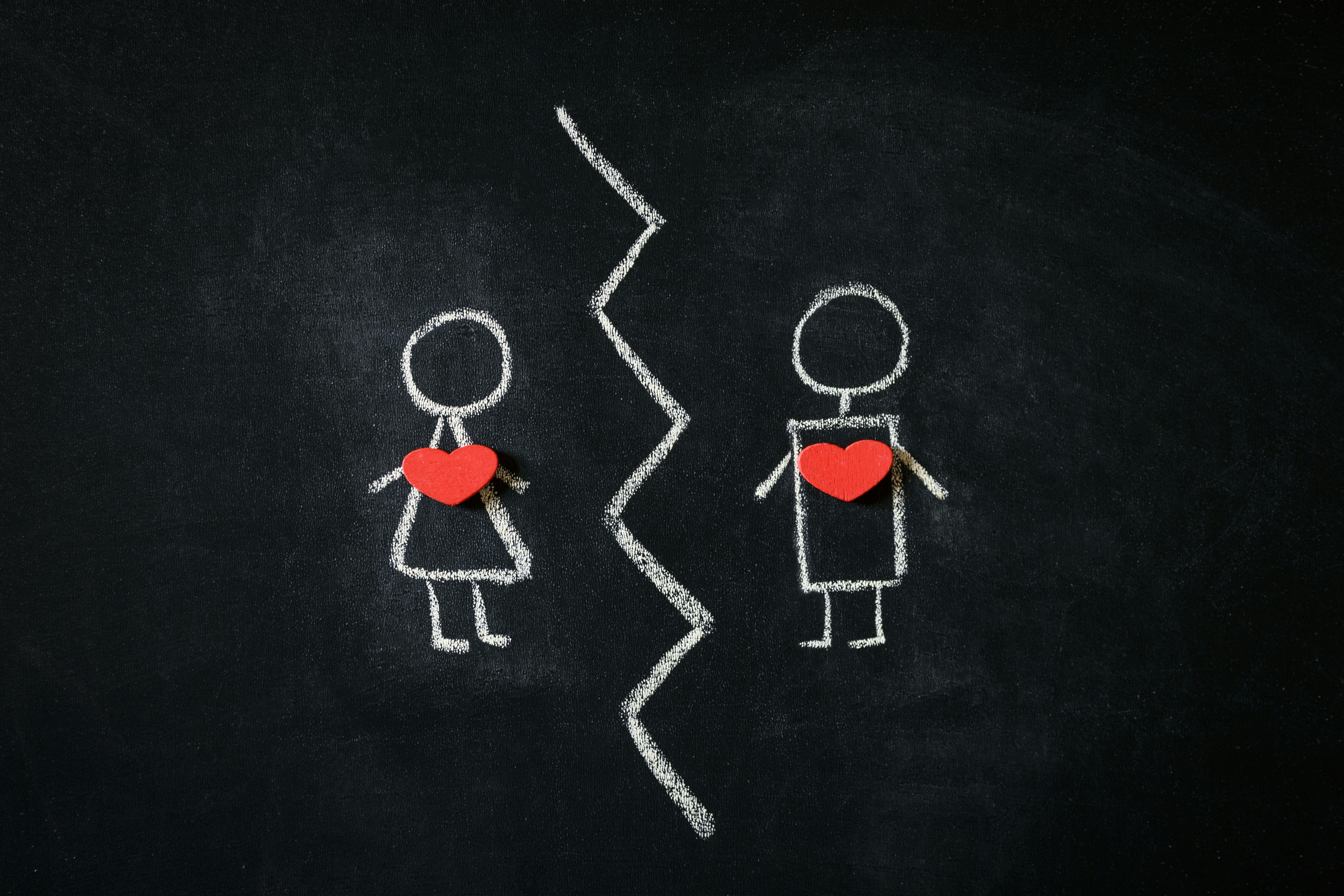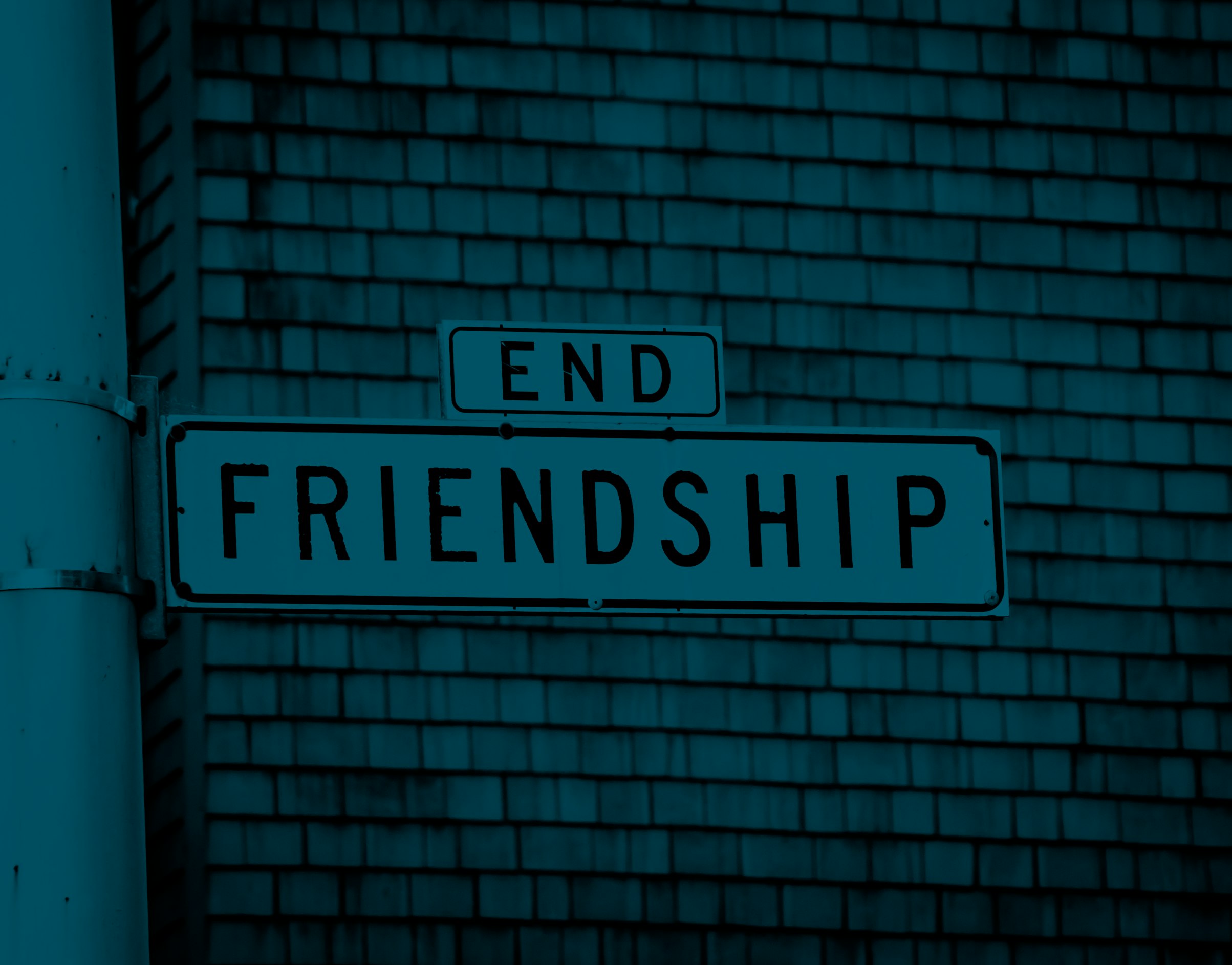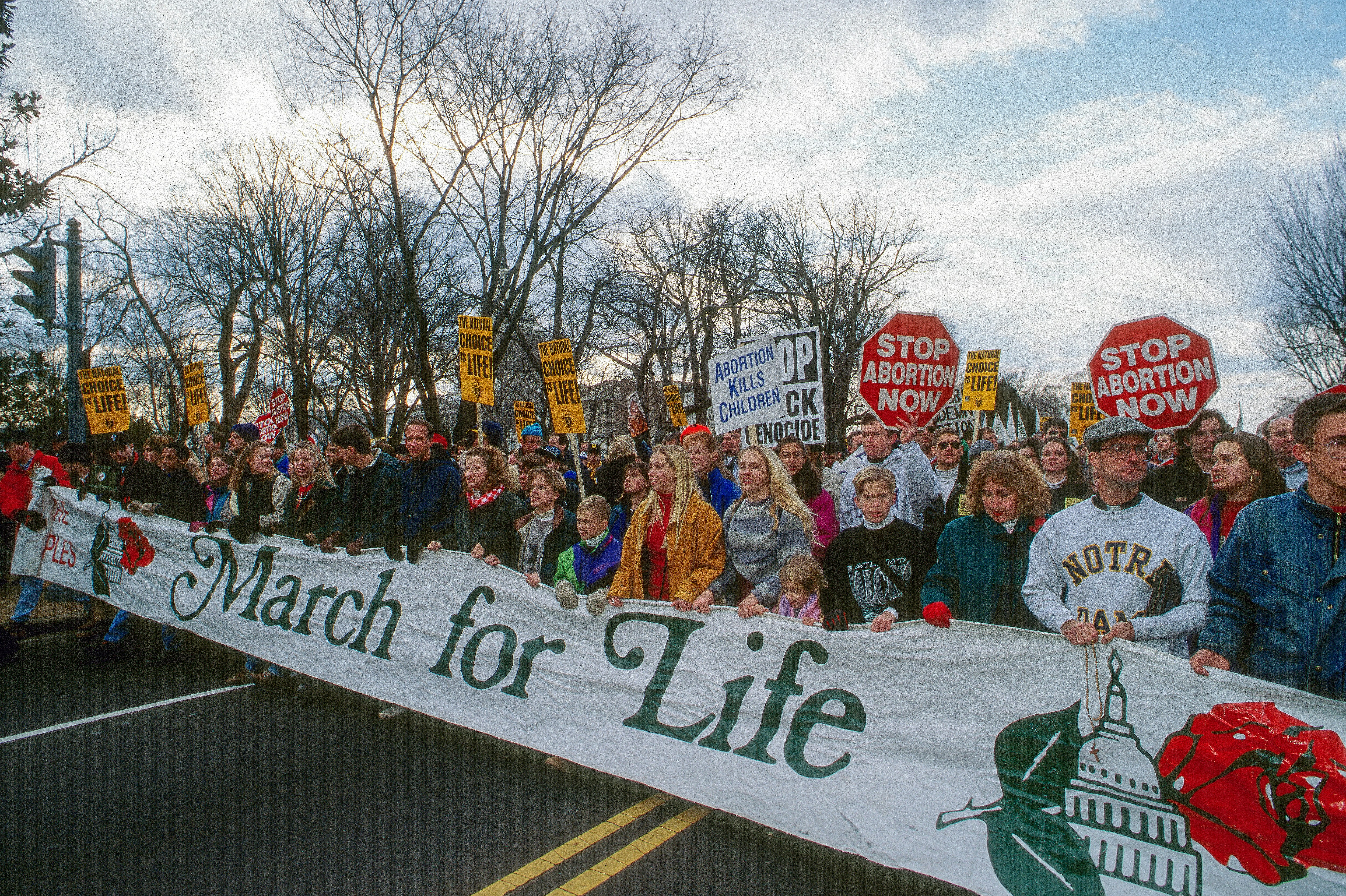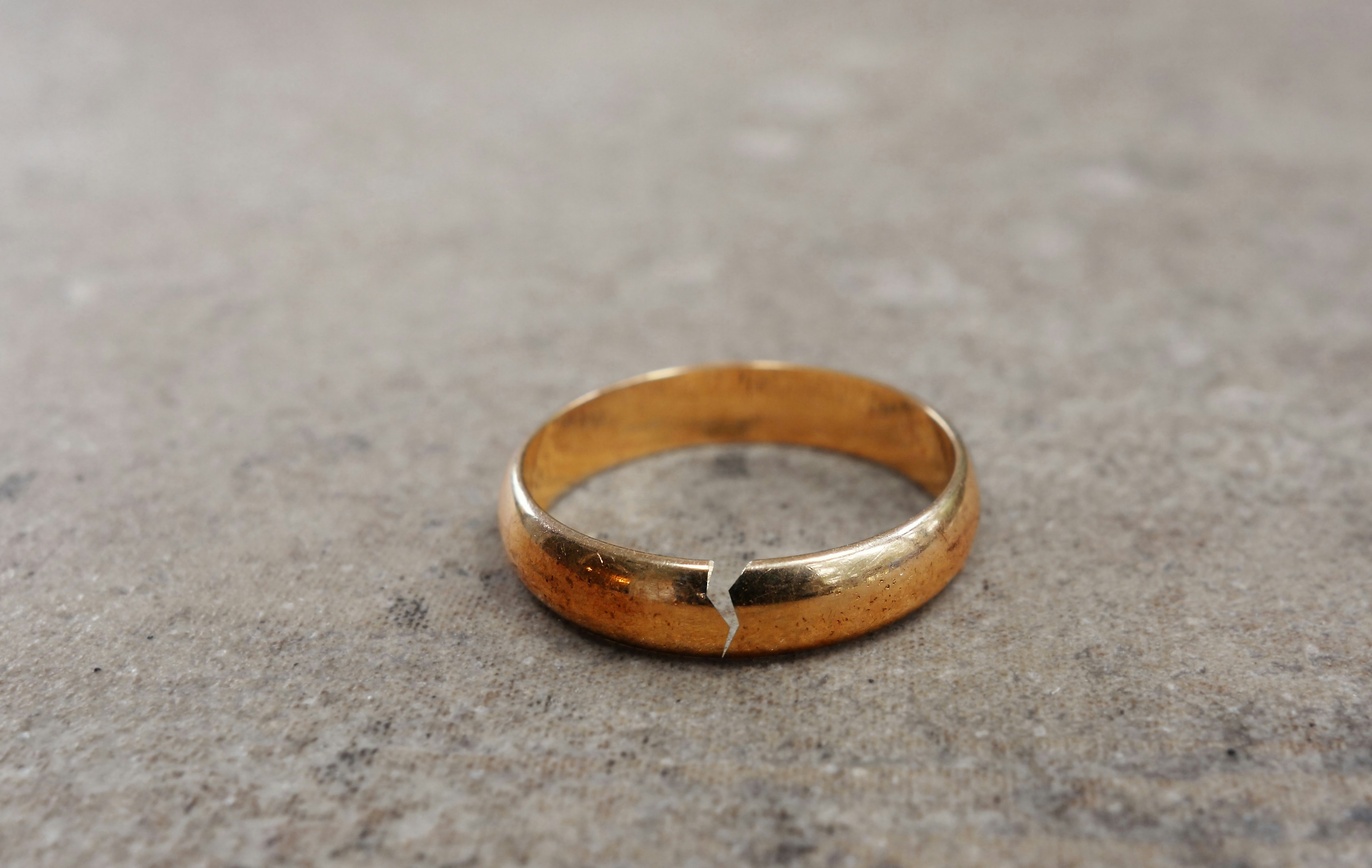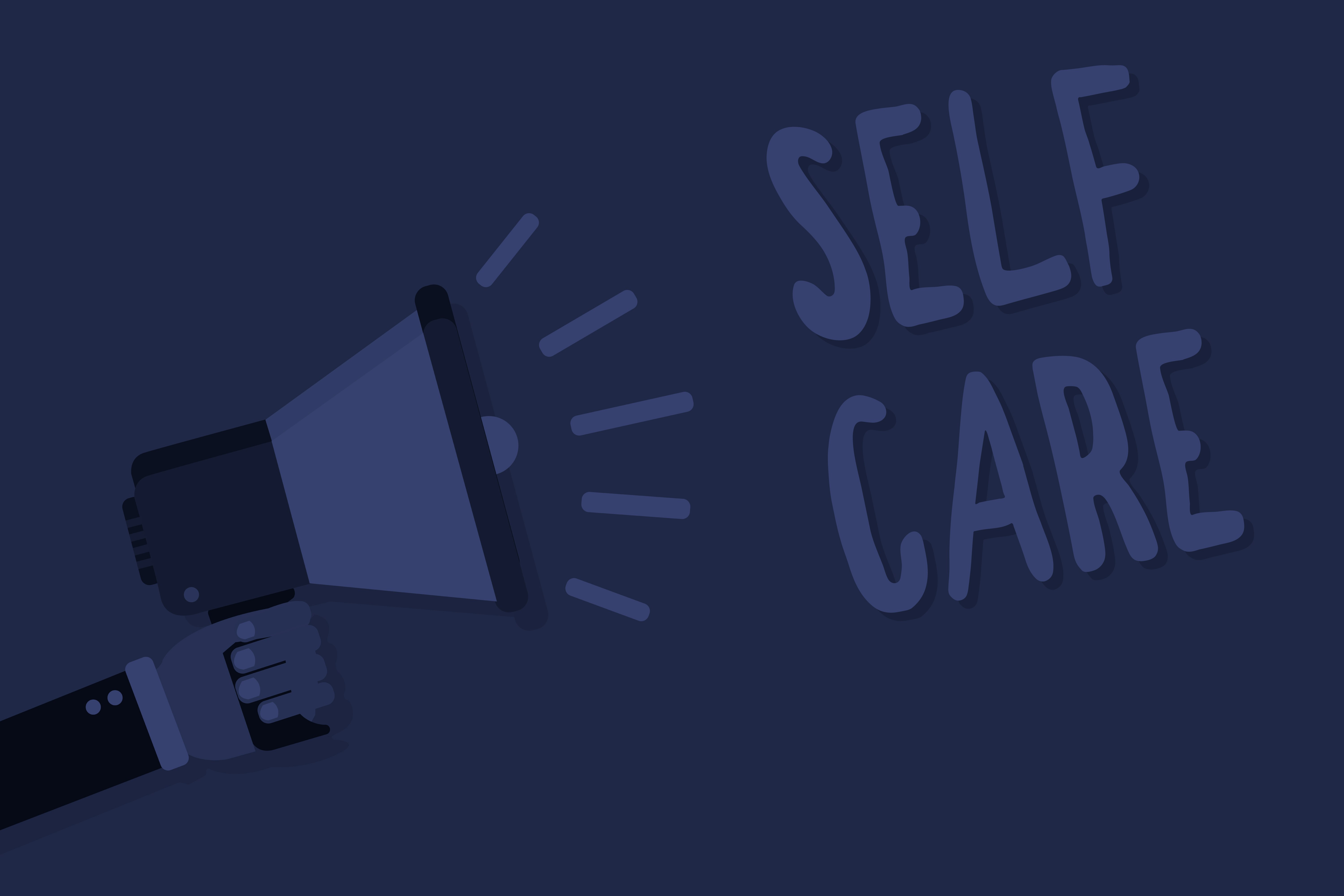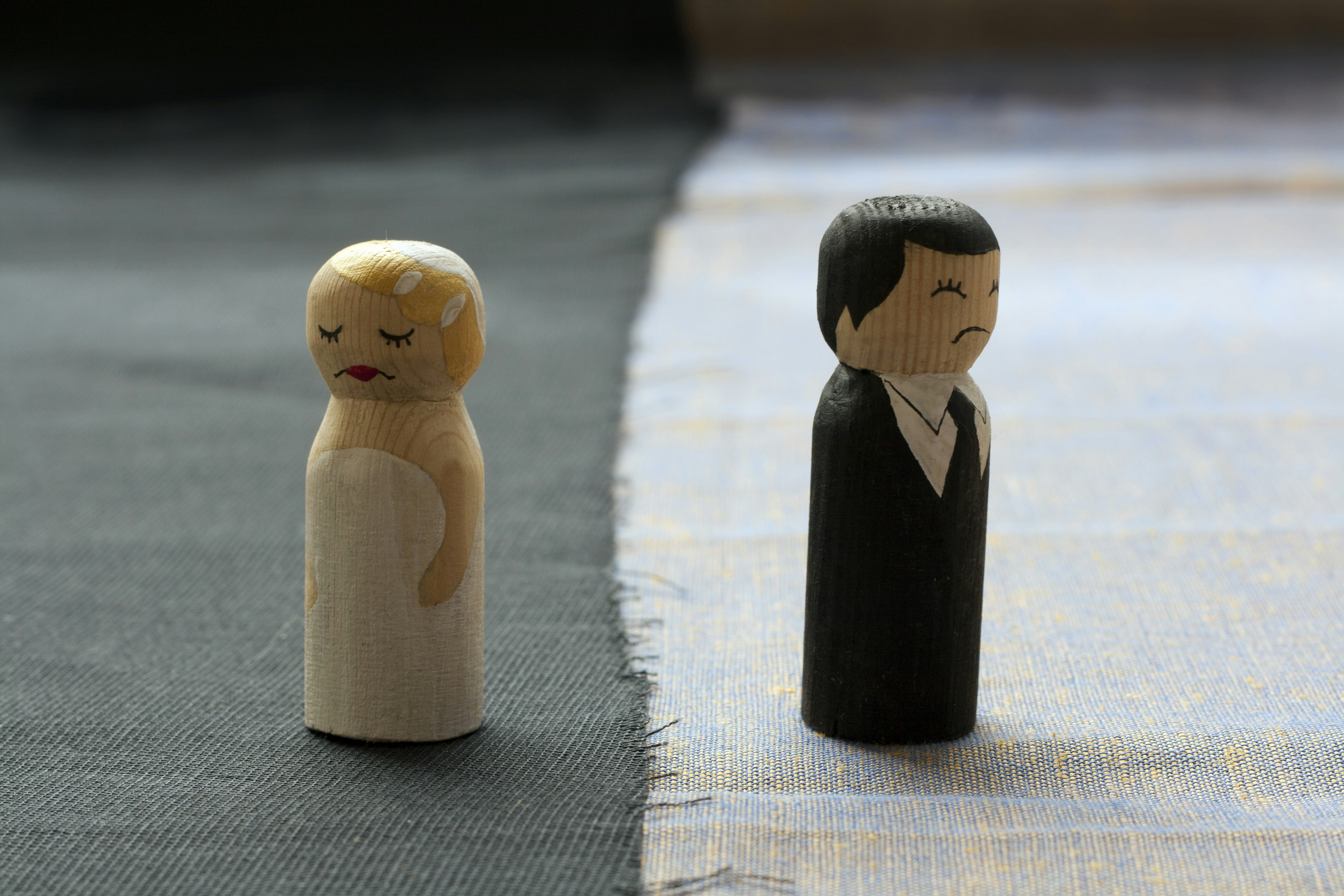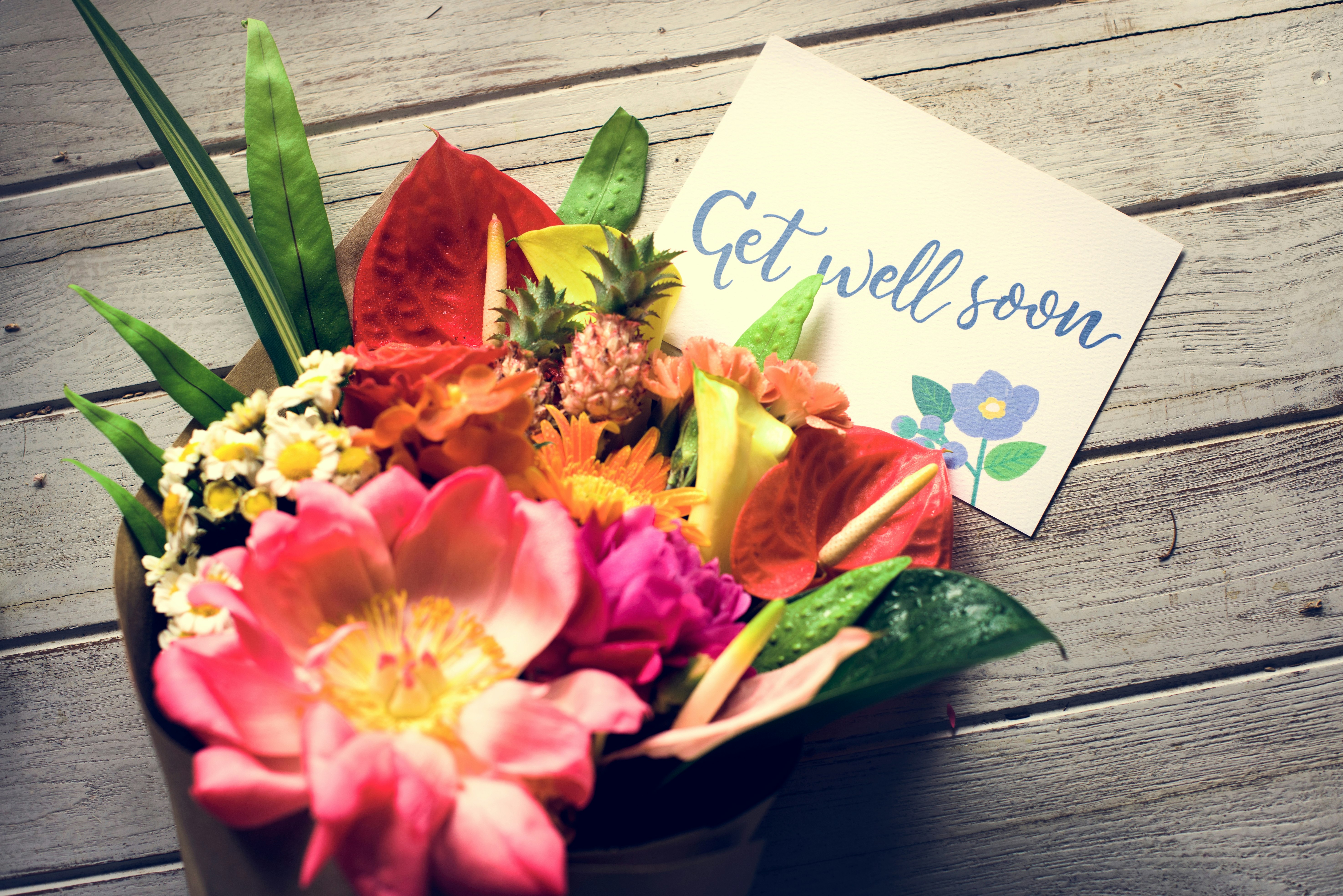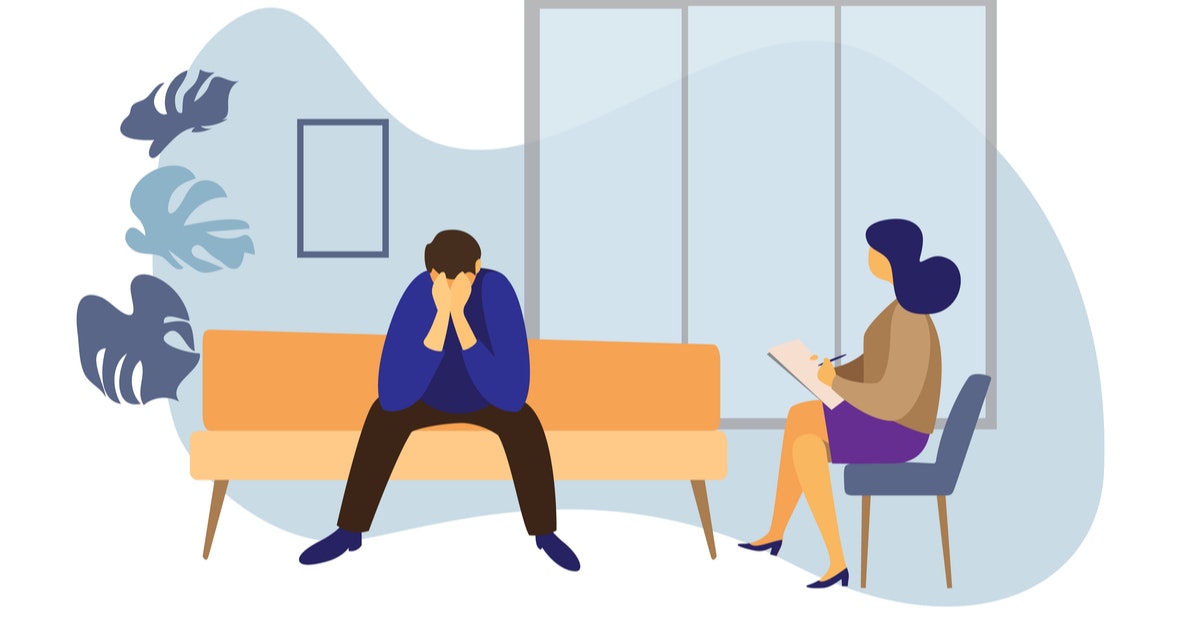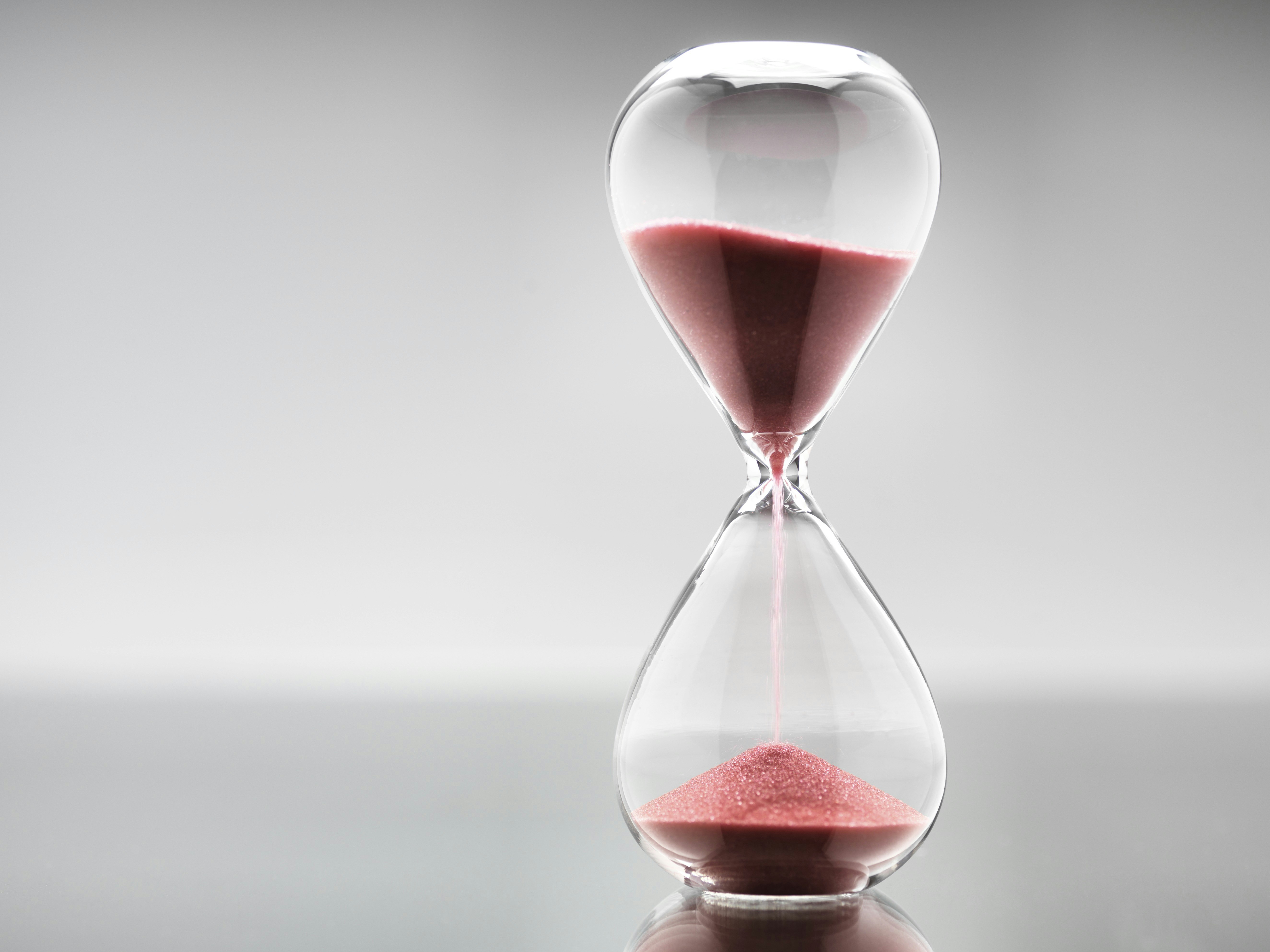Brandy Jensen, The Outline’s social media editor, has made a lot of mistakes in her life. Has she learned from them and become a wiser person as a result? Hahaha oh gosh no. But it does leave her uniquely qualified to tell you what not to do — because she’s probably done it.
Dear Fuck-Up
Until my early 20s, I was abusive toward young women. Like many other abusers, I was in denial about who I was and what I was doing throughout this period. I lied to myself about the consequences of my actions and justified my behavior with self-pitying excuses.
Outside of relationships, I was guilty of unwanted verbal and physical advances. If I was interested in someone, I often pursued them well after it was clear they were uninterested. In one case, I was obsessed on-and-off with a close friend for a period of several years, behavior that clearly constituted stalking. In relationships, I could be emotionally manipulative. I was prone to fits of jealousy and routinely undermined my partners' sense of self-worth. When relationships ended, I sometimes launched into vicious bouts of verbal abuse. Toward the end of college, my behavior worsened. I ghosted a friend of more than a year after a single week of casual sex. I repeatedly made lengthy verbal advances toward another close friend. In my senior year, when I was 21, I dated a girl who was 17: four years younger than me, still in high school. I made her life hell.
After college, I spiraled and hit bottom. I came to see myself for the monster I was and began to recognize the pain I'd inflicted others. Since then, I have worked hard to better myself: as a man, as a partner, and as a human being. I recognize that nothing I did was excusable. Much of it was unforgivable. I deeply regret my actions, and I wish — desperately — that I could erase myself from the lives of the people I've hurt. But this does nothing to address the damage that I've done.
This leads me to the issue at hand: In the seven years since then, I have struggled over whether to contact the women I abused to offer an apology.
I have hesitated to do so for several reasons. One reason is that I'm terrified of getting the apology wrong: that I might make excuses, or center my experiences, or minimize my actions. I have searched for resources that might help me get this right, but I've struggled to find suitable guidance or supports for someone in my situation. Another worry is that, simply by contacting these women, I will inflict more pain. After everything I did, it is hard for me to believe they'd want to hear from me ever again, no matter the circumstances.
Yet, in the wake of the #MeToo movement, I've started to wonder if these reasons are bullshit. Over the past year, many women and abuse survivors have said that abusers should apologize privately to their victims. Very few women (I believe) have suggested that sincerely remorseful abusers should keep quiet and refrain from contacting survivors to apologize. This despite numerous cases of high-profile abusers fucking up their apologies.
I keep asking myself: Am I inventing excuses to avoid accountability? I don't know. And I don't know if I can trust myself to answer that question.
I want to do the right thing. Does that mean contacting the women I abused to offer an apology? Or am I right to worry that this would only cause them more pain?
Sincerely,
Anonymous
Dear Anonymous,
When I started this column it was with the promise to myself that I would attempt to give straightforward answers and not indulge in the all-too-common practice of using advice giving as an excuse to write long, digressive essays. Well it turns out I am a liar, because that’s precisely what I am going to do here. Perhaps this is unfair to you, Anonymous, but I am lately having trouble concerning myself with fairness.
Not because I’m angry, as so many women are, or because fairness is difficult to parse, even though it so often is, but mainly because I’m tired. I am exhausted all the time. It’s hard to convey how draining it is to watch as women once again make public their secret traumas in the hope that this time (maybe this time!) it will make a difference. It’s hard to express how demoralizing it is to know that it will not, not in the ways that really matter, and to feel vaguely embarrassed for their optimism, and to feel guilty about that embarrassment.
And I am especially weary, as someone who makes a living using words, of trying to find new or clever or even just slightly different ways of saying the same simple fucking thing that everyone else has been trying to say when we attempt to assert our personhood. How many metaphors do we need? Which collection of words, arranged in precisely the right order, might be sufficient? Not these ones. I’m sure of that much, and still here is yet another arrangement of words. Here is a metaphor.
To be a woman in this world is a Sisyphean task. It is large rocks and steep hills, forever. That’s not all it is, of course, it’s also wonderful shit like gossip and the ardency of female friendship and Korean skincare so good you don’t have to quit smoking. But always, always, there are rocks and there are hills. For most of my life men have been content with saying the ground is actually quite flat. But the so-called reckoning of Me Too has also been a revelation, as much a matter of epistemology as ethics, and now lots of men are willing to say (publicly, in insufferably long Facebook messages and Twitter threads!) “oh wow… I had no idea that rock was so large or that hill so steep.” Some feel terrible about this. Some offer better rock-pushing strategies. Some survey their own personal landscape and realize the ways in which they have made the undertaking more difficult for women they have known.
But because this has been a revelation, a new way of seeing that is very uncomfortable for those who prefered the previous topology, we are now wondering how soon we can look away. This, as much as anything, is what animates our recent preoccupation with forgiveness and the possible redemption of abusive men.
I’m sure there are some people invested in the intellectual exercise of figuring out under which circumstances men who have hurt women can return, and in what capacity, but I suspect that many more would like to forge an exemplary pathway because once we establish how it might be done, we need not think about it any longer. If we can automate a process then we won’t need to attend to specificity. It won’t need us (or, more specifically, men) anymore and we can safely return to arguing about what constitutes a sandwich. Trust me, women would like nothing more than to wonder if a Monte Cristo is a dumpling, but the problem is that men cannot be trusted to administer their own redemption. Not only do they not have many good answers, they insist on asking the wrong questions. “What does it feel like to be known for the worst thing you have ever done?” is, theoretically, an interesting thing to ask. But for John Hockenberry or Jian Ghomeshi the real question is “What happens when the world finally sees you for what you are?”
So I do credit you, Anonymous, with being clear that you were the sort of person who routinely hurt women. That is a difficult admission that lots of people seek to avoid. And I would like to believe you are truthful about having done the significant work required to be better. Your letter does not give any indication otherwise, and I sincerely believe that this is possible. That being said, I’m not sure I can give you a satisfactory answer here, for the same reason that we will never devise one correct path for the men who err publicly, rather than privately, and that’s the simple fact that women, like all people, experience things in a variety of ways.
Another tiring aspect of how we talk about sexual assault is the inclination to flatten women’s experience of it into something broadly labeled “trauma.” Well-meaning people (often men, who love to imagine themselves the protagonists of women’s lives even when it’s to destroy them) will remind you that we shouldn’t worry about how a rape accusation will affect a man’s life when WOMEN’S LIVES ARE UTTERLY RUINED BY BEING ASSAULTED. Like many statements that garner a lot of retweets, this is not always true. Yes, assault is traumatic but sometimes it is a similar trauma to learning about death: something that alters your perception of how the world works, and seems brutally unfair, but allows you to build a life around it.
The sadder fact is that you may not be as memorable to these women as you think. “The guy who screams insults at you when you break up with him” is so often followed by “the guy who reads your texts” or “the guy who chokes you without asking” that it can be hard to remember which guy is which. So many rocks on the same hill. The friend you ghosted after sleeping with her may have simply realized she dodged a bullet and moved on with her life.
One thing I can assure you of is that — despite our current reputation as cold and unforgiving — women spend approximately 78 percent of our emotional energy forgiving men. Often when they ask for it, but more often when they haven’t, or don’t even realize that they should. We hardly have a choice in the matter, as if we didn’t it would be even more difficult to move through the world. There’s only so much you can carry, and I’m sure some of these women set your burden down long ago.
For others, your behavior may indeed be something that still causes them pain, and hearing from you could be an unnecessary reminder. I don’t know them, so I can’t say, but I would guess that the woman you stalked would be alarmed by any contact. I would also advise against contacting women through social media, as that suggests an intimacy or at least access that may very well be uncomfortable for them.
Outside of that, I do not have much more advice for you. It is hard to say “yes this will do” or “no this will not” in the abstract, which is why each time a man publicly attempts to seek redemption we must once again weigh and measure and, so far, find wanting. If they would like to keep trying, they are welcome to. Here’s a rock, there is a hill.
Love,
A Fuck-Up
Have a question for A Fuck-up? Email DearFuckup@theoutline.com





